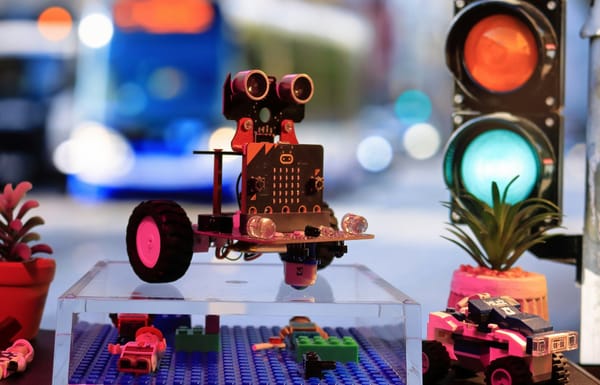Teaching a Toulmin argument with AI in the Classroom.

By Michelle Kassorla
I teach Toulmin arguments in my Composition II course. Toulmin is a very specific and structured way of making an argument in six parts: claim, grounds, warrant, backing, rebuttal, and qualifier.
The most important part of a Toulmin argument is the claim, which my students struggle to make bold and specific enough. Here is how I prefer to structure my arguments:
o.1. TEST YOUR CLAIM. Use this prompt to ask AI if your claim is specific and bold enough for a Toulmin argument: "I am planning to make a Toulmin argument about [insert claim here]. Please tell me how I can improve my claim. Give me three examples of better claims I can make."
2. BUILD A TOULMIN ARGUMENT. Once you have a claim, ask your AI to help you build a Toulmin argument based on that claim: "Please help me build a Toulmin argument for the following claim: [Claim]. I need a claim, grounds, warrant, backing, rebuttal, and qualifier. Provide three alternate Toulmin arguments I can make."
3. DISCUSSION POST: Paste the Toulmin argument that AI gave you and the one you finally decided upon in a discussion post. Did you change the Toulmin argument? How? Why? If you didn't change it, why did you think it was a good argument for this paper?
Please notice that I am asking my students to use AI in the planning for their paper, and I am asking them to use critical thinking skills in the discussion to justify why or why not they used the AI argument.
In the three semesters I have taught this assignment, not one student has chosen to go with the AI argument that was given to them. All of them have chosen to change their arguments. I have noticed since I started teaching this way, students have more robust claims, more nuanced arguments, and better scholarly sources to support their arguments than before they used AI.
Tell us about your thoughts on these concepts?
Michelle Kassorla is an associate professor of English at Georgia State University | Perimeter College. She has over 30 years of teaching experience, especially involving teaching with technology. She has a special research interest in teaching with AI.




